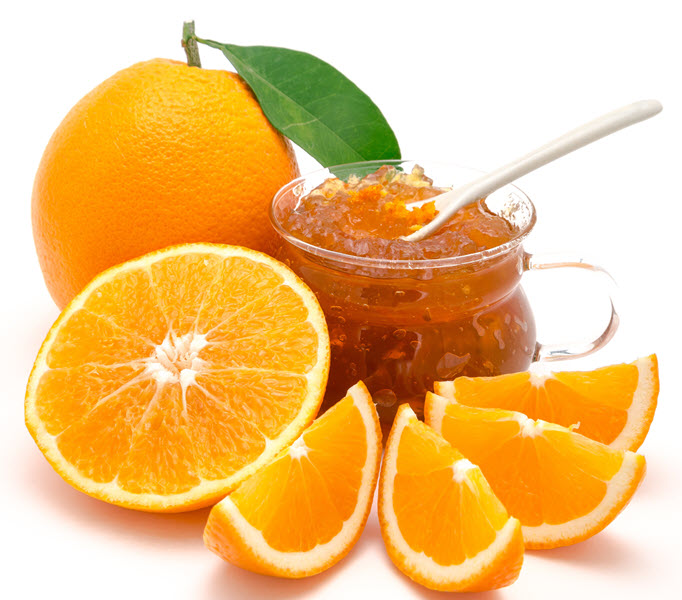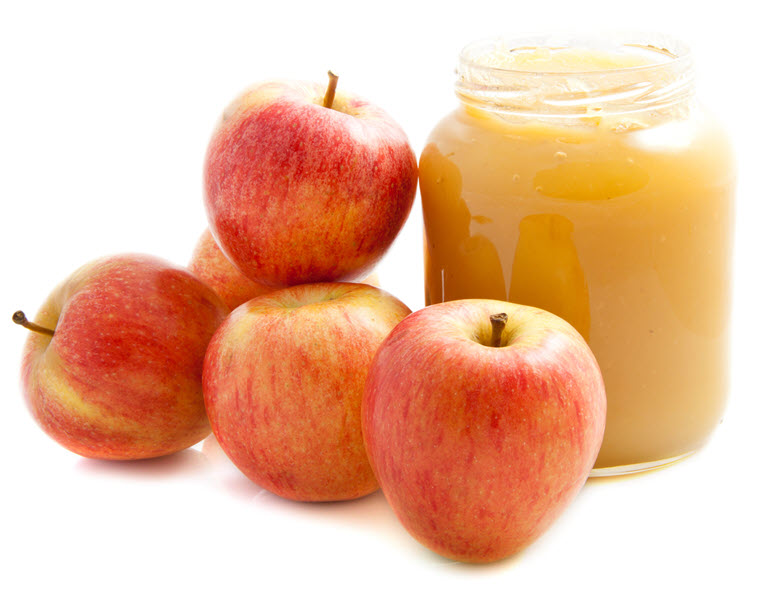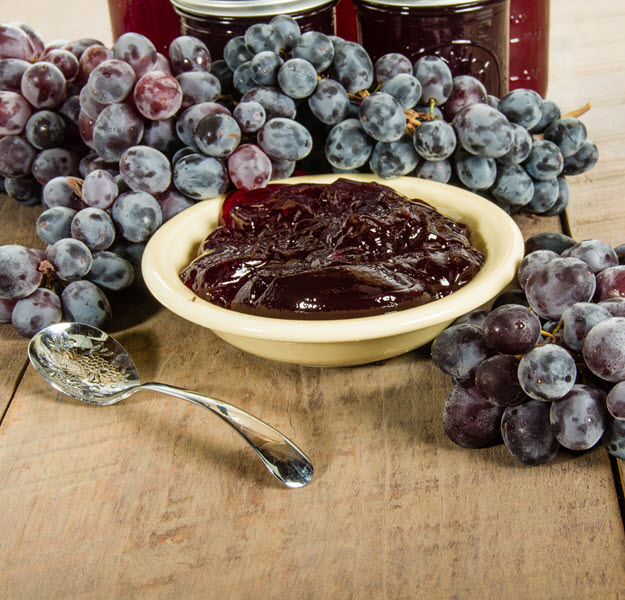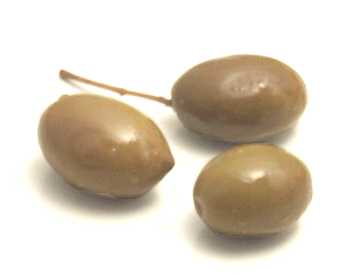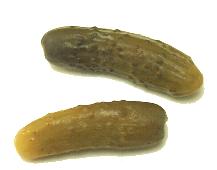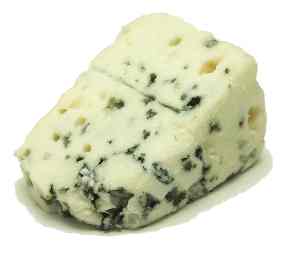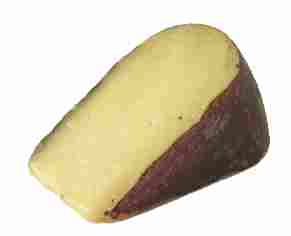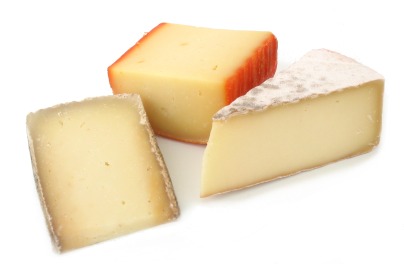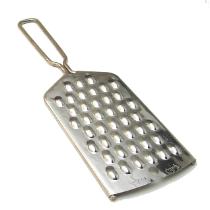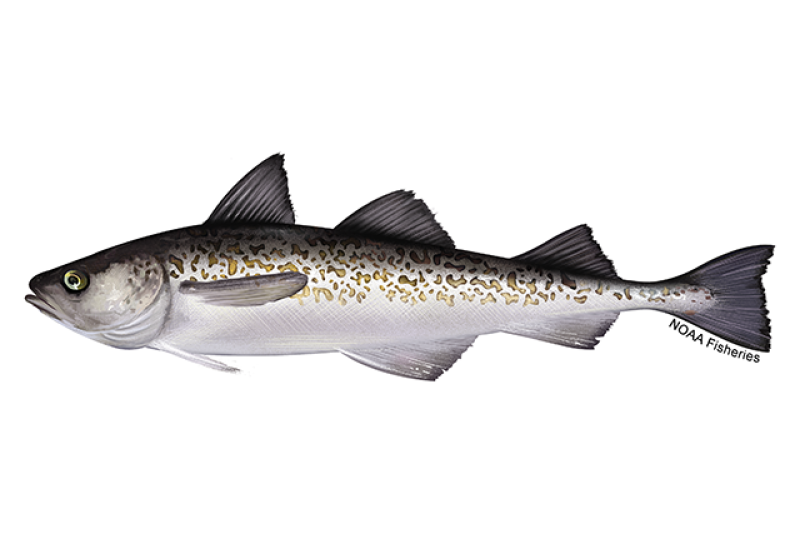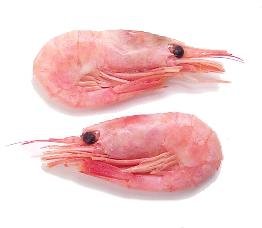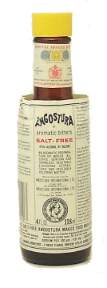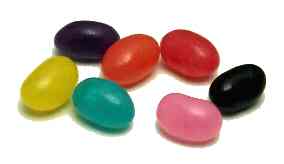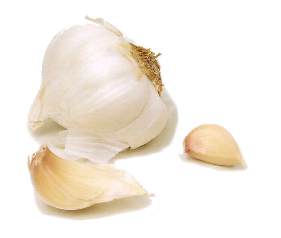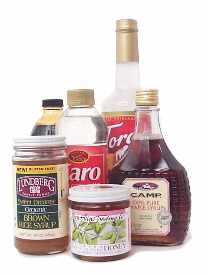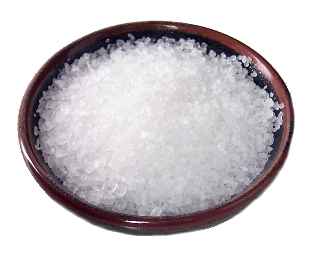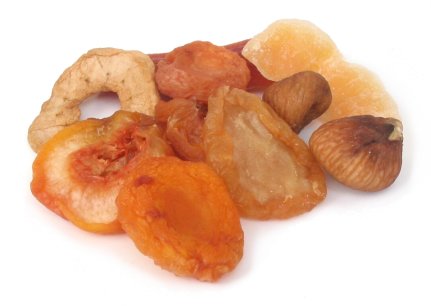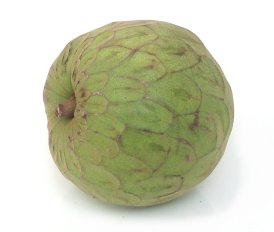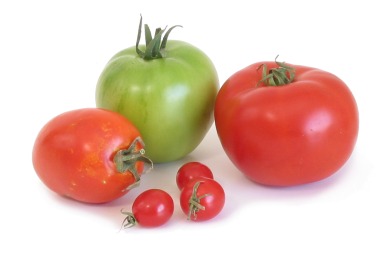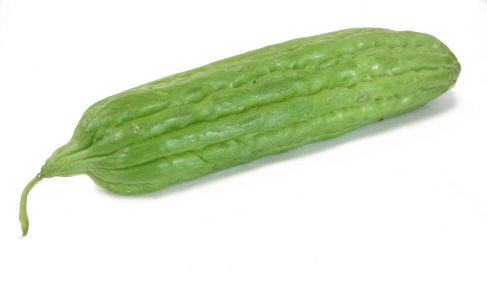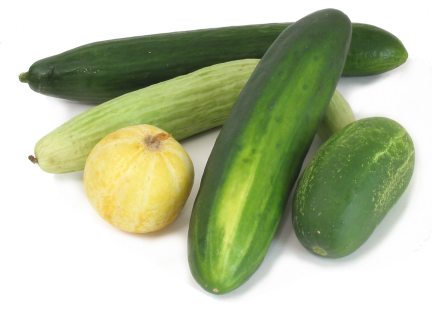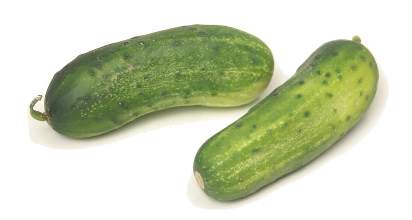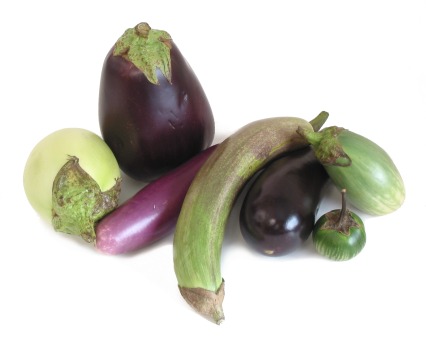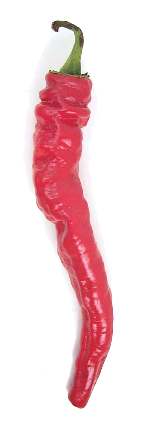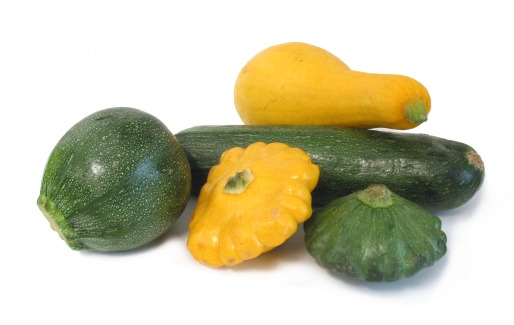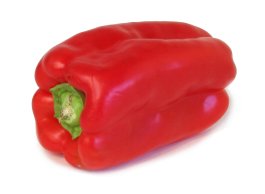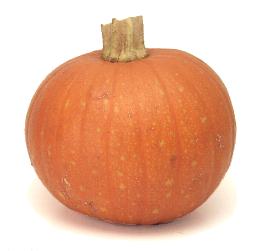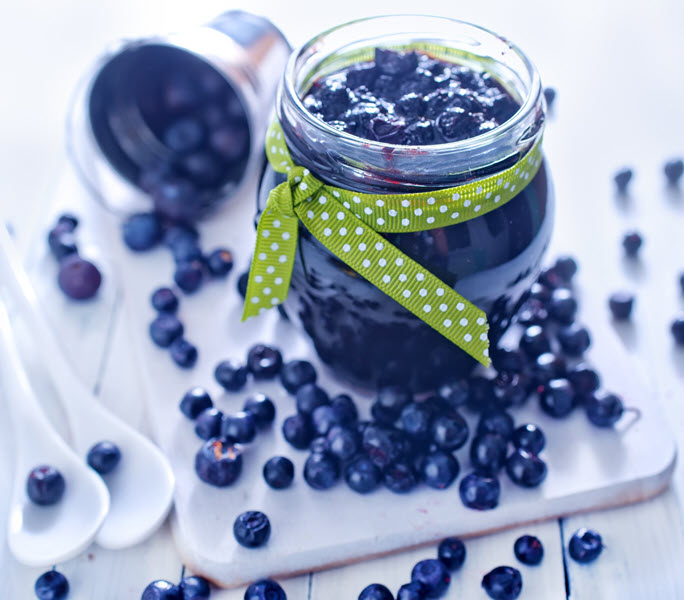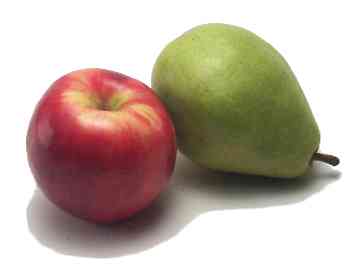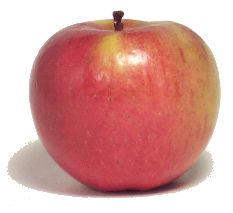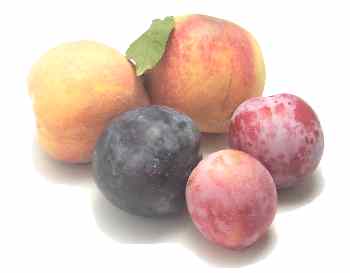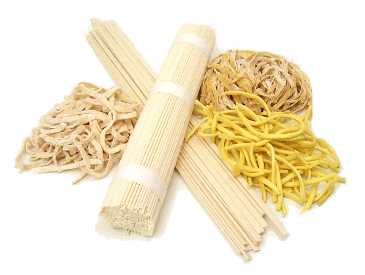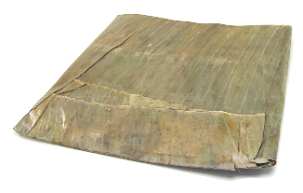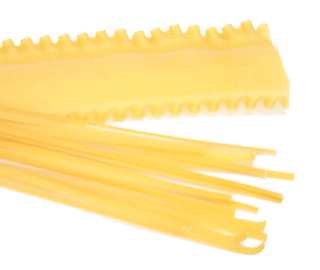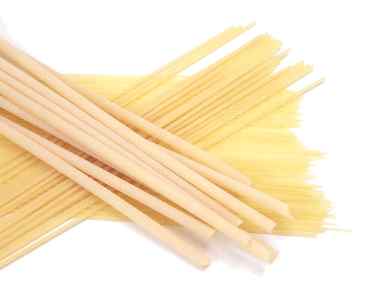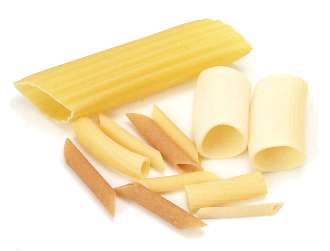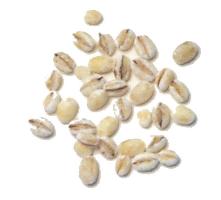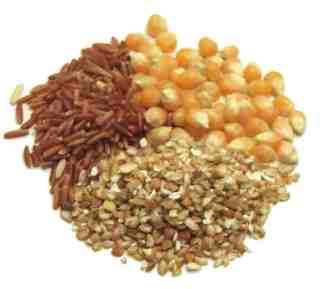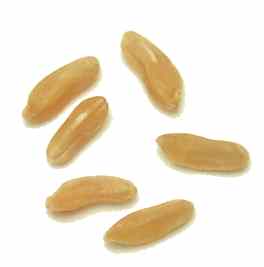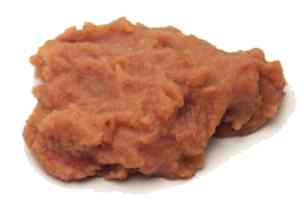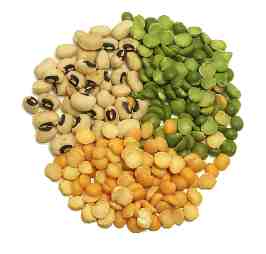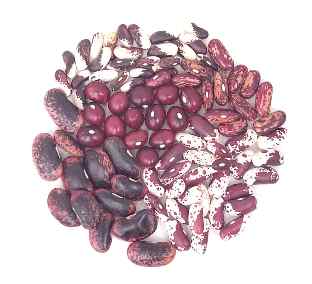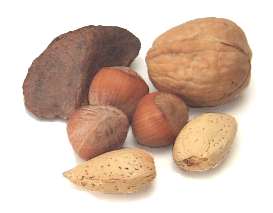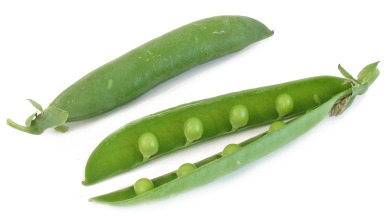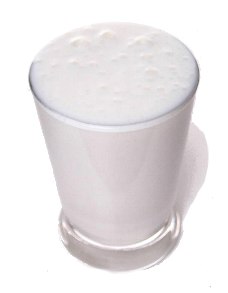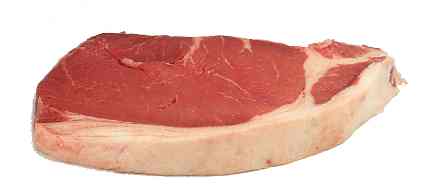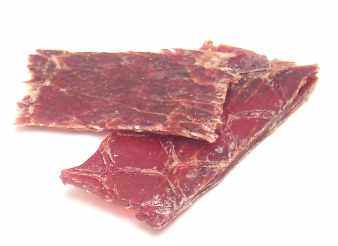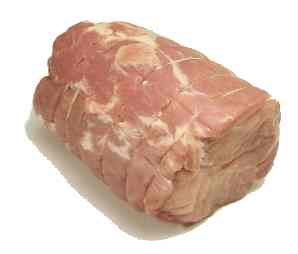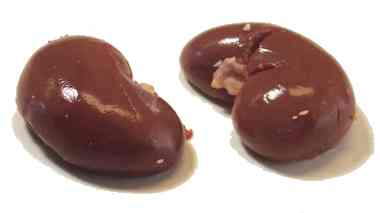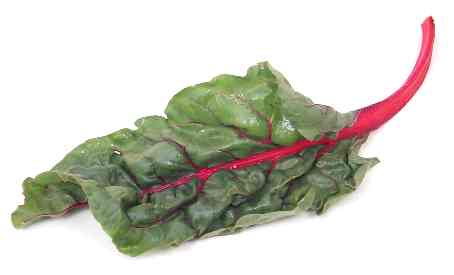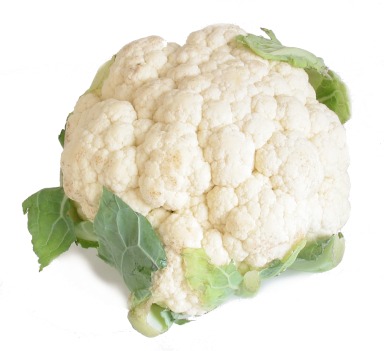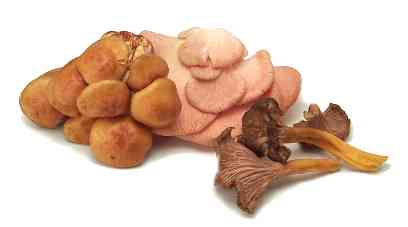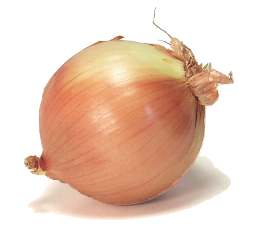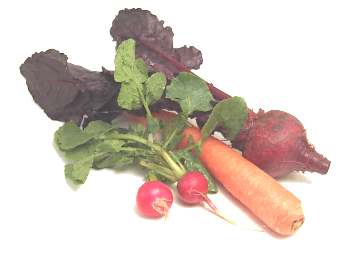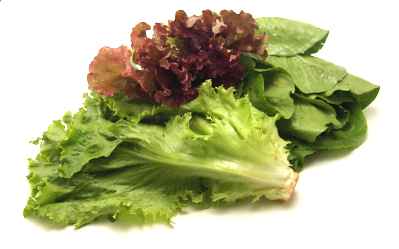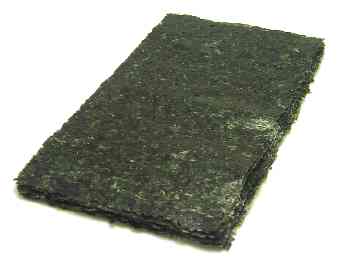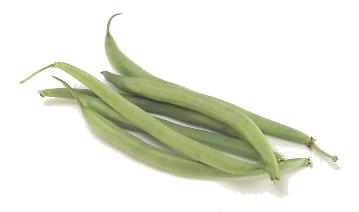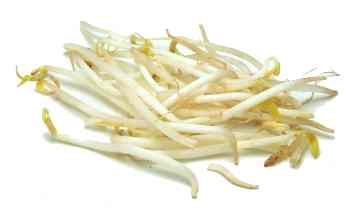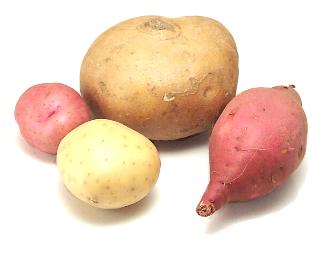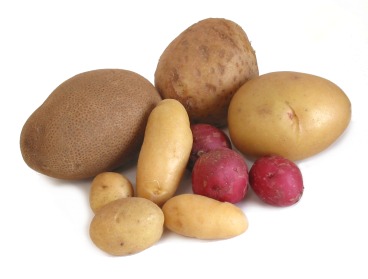All Ingredients
tubetti
These small pasta tubes work well in minestrone and other Italian soups. It's also one of the shapes used to make Spaghetti-Os.
Learn moretubettini
This is a tiny version of tubetti ("little tubes"), a short, tubular Italian pasta shape. It's usually served in broths and light soups. It's also one of the shapes used to make Spaghetti-Os.
Learn moretucupi
Tucapi is a yellow sauce extracted from manioc roots. It is used with rice and various meats like duck, fish and shrimp.
Learn moretufoli
This large, tubular pasta is often stuffed and baked. It also goes well with hearty sauces.
Learn moretuna
Unopened canned tuna can be stored for up to a year in a dry, cool place. Once opened, it will keep for up to two days if you wrap it well and refrigerate it. Varieties include albacore, bluefin, blackfin, bonito, skipjack = aku, kawakawa, and the leaner yellowfin = bigeye = ahi.
Learn moreturban squash
This squash has a gorgeous rind, but ho-hum flavor. It makes a good centerpiece, or you can hollow it out and use it as a spectacular soup tureen.
Learn moreturkey
Markets often sell whole turkeys at bargain prices during the holidays, using them as loss leaders. It's a good idea to stock up on them then, since you can keep them in the freezer for up to a year and serve your family this cheap, lean meat year-round. If you're planning to roast a whole turkey, choose a young turkey. Older birds (including yearlings) aren't as tender and are best cooked in a stew or soup. When selecting your turkey, make sure that the plastic wrapping isn't torn. There's no big difference between males (toms) and females (hens). Experienced cooks like fresh birds (since they're moister) that are between ten and twelve pounds. Bigger ones are tricky to cook without drying them out. Frozen turkeys should be thawed in the refrigerator, allowing one day of thawing per five pounds of bird. If you're short of time, you can thaw a turkey by leaving it in its original plastic wrapper and covering it completely with cold water, changing the water every 30 minutes. Allow 30 minutes of thawing time per pound of bird if you use this method. Fresh turkeys should be used within two days of purchase. Cut-up turkeys are also available. The major cuts are the turkey breast, tenderloin, cutlet, drumstick, and thigh.
Learn moreturkey bacon
Different brands of turkey bacon have wildly different amounts of fat, but most have much less fat than ordinary bacon. The flavor suffers a bit, though.
Learn moreTurkish green pepper
These are long, green, and hot chili peppers. Turks like to grill them and serve them with meat. Don't confuse this fresh pepper with the spice called Turkish pepper.
Learn moreturmeric
Turmeric has a pungent flavor, but it's more widely known for it's brilliant yellow color. You can find fresh roots in Southeast Asian and Indian markets, but dried ground turmeric is far more commonly used. Be careful when handling fresh turmeric--it can stain your hands and clothes.
Learn moreturmeric leaves
These are used in Indian and Southeast Asian dishes. There are no acceptable substitutes, just omit this from the recipe
Learn moreturmeric, ground
Turmeric has a pleasant enough flavor, but it's prized more for the brilliant yellow color it imparts to whatever it's cooked with. It's a standard ingredient in curry powders, pickles, and prepared mustards. Be careful--turmeric can stain your clothes.
Learn moreturnip
Turnips can be roasted, boiled, steamed, or stir-fried. Select small turnips that feel heavy for their size.
Learn moreturnip greens
A staple of Southern cuisine, turnips greens are traditionally served with salt pork or ham hocks. The leaves are pungent and slightly bitter, especially older ones, but they become milder when cooked. Don't prepare them with aluminum cookware, as it will affect their flavor and appearance.
Learn moreTzfati
This milk Israeli cheese was produced originally from sheep's milk. But now may also be made from cow's milk, goat's milk or water buffalo milk.
Learn moreudon
These slippery Japanese wheat noodles are popular in southern Japan, where they're often served in soups or stews. They're roughly as thick as spaghetti, but they come in different widths. Dried udon noodles are available in Asian markets and health food stores. Cook them for about 11 minutes. Fresh udon noodles are called nama udon, and should be cooked for about 2 to 3 minutes.
Learn moreugli fruit
This grapefruit-mandarin cross looks like a grapefruit in an ill-fitting suit. It's sweet and juicy, though, and simple to eat since the peel comes off easily and the fruit pulls apart into tidy segments that are virtually seedless. Americans pronounce the name "ugly," but in Jamaica, where it's grown, it's pronounced "HOO-glee." Some marketers have tried calling it "Uniq fruit®," but the name hasn't caught on much. Ugli fruit are available from December through April. Most specimens are much uglier than the one pictured here, but don't let that deter you. Select fruits that are heavy for their size, and that give a little when you press them.
Learn moreumeboshi vinegar
This Japanese vinegar is quite salty, and it has a distinctive, slightly fruity flavor. It's typically used in dips and salad dressings.
Learn moreunsweetened chocolate
What kid hasn't sneaked a bar of this out of the kitchen, only to discover that unadulterated chocolate is bitter and unpalatable. Some cooks prefer to use it over sweetened chocolate because it gives them better control of the sweetness and flavor of the product.
Learn moreurad dal
These lentil-like beans have black skins covering creamy white interiors. Whole urad dal derive their strong, earthy flavor from the black skins and are often used in curries. Split urad dal retain the skins and also have a strong flavor. Skinned and split urad dal are creamy white and somewhat bland.
Learn moreurad dal flour
This is made from urad dal, a type of Indian lentil. The flour is used to make pappadums and breads.
Learn moreurad dal, skinned and split
These are black lentils (or urad dal) that have been split and skinned. They're much milder than unskinned.
Learn moreurad dal, split
These are black lentils (or urad dal) that have been split but not skinned. They're not as mild as white lentils, which have been split and skinned.
Learn more











